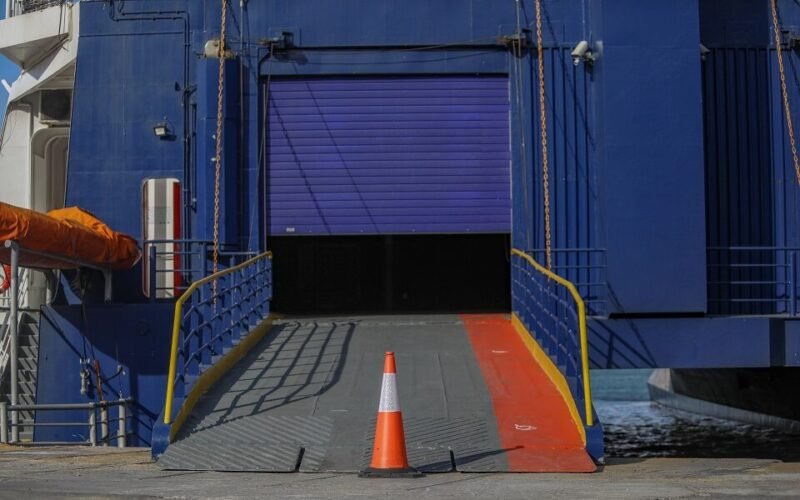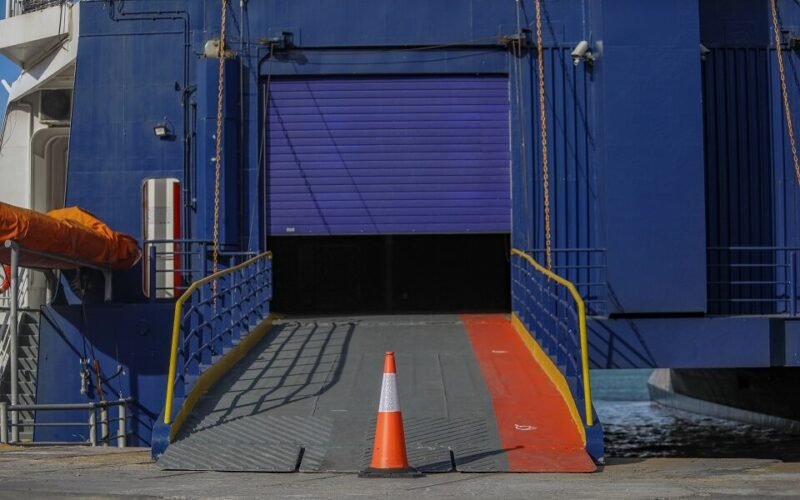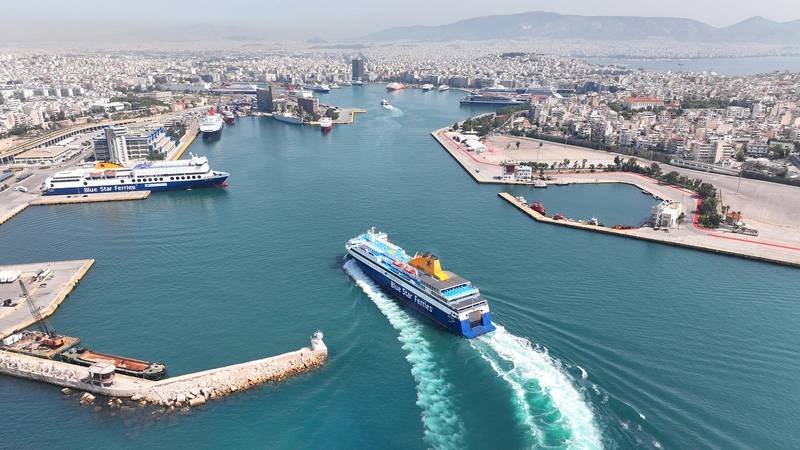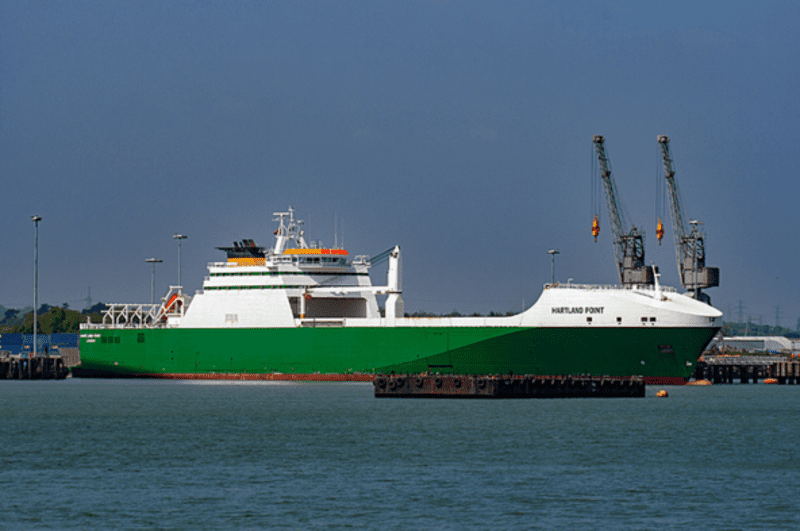Greek ports were empty on Wednesday as ships were docked, and railway and bus services were disrupted due to a nationwide strike. The strike, which included transport workers, hospital doctors, school teachers, and construction workers, was organized to protest low living standards and demand higher pay. Many Greeks have experienced wage and pension cuts in exchange for bailouts during the 2009-2018 debt crisis, which severely impacted the country’s economy. Despite the Greek economy showing signs of recovery since 2018, workers feel that their salaries are insufficient to cover rising energy, food, and housing costs.
The Greek government, led by Prime Minister Kyriakos Mitsotakis, has raised the minimum monthly gross wage multiple times since taking office in 2019. However, workers argue that the wage increases are not enough, and their salaries still fall below the European average. The General Confederation of Greek Workers (GSEE), the country’s largest private sector union, called for immediate and significant pay raises to address the growing cost-of-living crisis. They also demanded government action against oligopolies that they believe are driving up the prices of basic goods.
Workers were expected to gather in central Athens to protest later in the day. Mitsotakis acknowledged the need for improvement in wages and GDP per capita and called on the EU to address disparities in power prices, which he claims are higher in Greece compared to other European countries. The strike coincides with the government submitting its final 2025 budget to parliament for debate and a vote scheduled for the following month. The budget forecasts economic growth of 2.3% next year, with higher tax revenues expected from increased digital payments and a booming property market.
Share it now


















